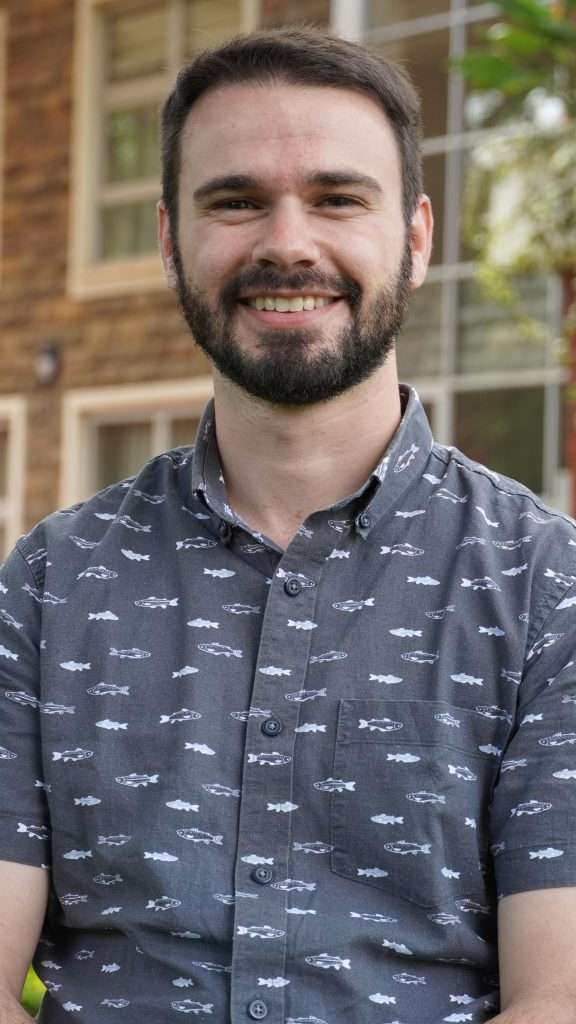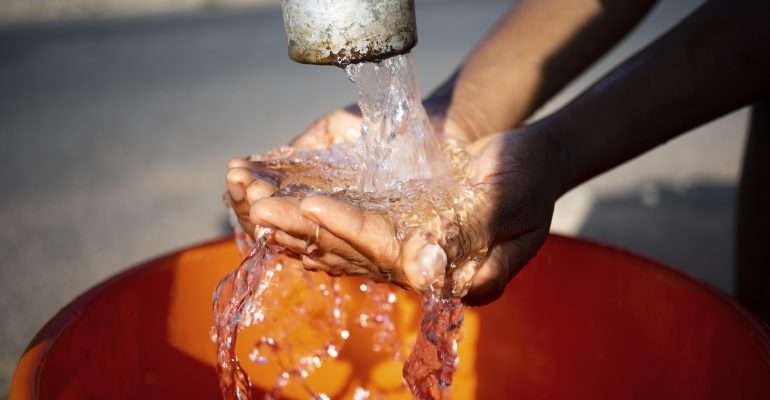
Sunday Mass Readings for March 12, 2023: Third Sunday of Lent, Year A – Lectionary: 28
1st Reading.
Exodus 17:3-7
Responsorial Psalm.
Psalms 95:1-2, 6-7, 8-9
2nd Reading.
Romans 5:1-2, 5-8
Gospel
John 4:5-42 or John 4:5-15, 19b-26, 39a, 40-42
Reflection of the reading by
Bryan P. Galligan, SJ
“Is God among us or not?”
“Why hasn’t God done anything?”
“How long will it be like this?”
It can be tempting to criticize the Ancient Jewish people who asked these questions during their sojourn in the desert. Scripture is full of warnings about this “hard-hearted” and “faithless” generation. “They are a people whose hearts go astray,” God says, “and they do not know my ways.” But I invite you to imagine yourself in a similar situation, dying of thirst in the desert. For those of us in Somalia, Kenya, and Ethiopia, where climate change is behind one of the longest and most severe droughts on record, extreme thirst is not a foreign concept. When I see avoidable suffering like this, I too become angry, And I can sympathize with the Ancient Jews who wanted to stone the person (Moses) who got them into this mess.
But murder will not end this drought. Only water can do that. And murder will certainly not help us answer the deeper, albeit less urgent, question we feel the need to ask in times like these: “Is God among us or not? If so, where?”
Today’s gospel tells the story of a woman (we don’t learn her name) who, some biblical scholars believe, was a very successful leader of the early Christian community in Samaria. As the gospel says, “many of the Samaritans in that town began to believe in [Jesus] because of the word of the woman.” But this woman’s word is the last place many of us would expect to find God. In the society of her time, she was considered inferior three times over: ethnically and religiously because she was from Samaria, as a woman because she lived in in a highly patriarchal society, and morally because of her marital status. Even Jesus’ apostles, those we would expect to know him best, are appalled when they come back from running errands and find him talking to this woman. “Doesn’t he know better?” they might have asked. “Who is she, anyway?”
And yet, this is the person who brings her people to God. This is the person who knows God.
When we feel like we are dying of thirst, we are tempted to want a God who is predictable, a God we can control, who will give us what we want when we want it. But when we assert control in this way, we exclude people and possibilities. Ultimately, we exclude the very God we are looking for.
Our God is a God who wants to care for us but will not be controlled by us, who wants to draw near to us but remains distant when we draw away from others whom we deem inferior.
So how can we draw closer to God when we are afflicted by thirst, when we feel as if we’ve been led astray, or when we just can’t seem to find God’s presence in our midst? I suggest we listen to the Samaritan woman: the one whom we are tempted to disparage because of her gender, ethnicity, religion, or sexuality, and the one whom the gospel tells us is actually more in touch with Jesus than his own apostles. She just might be the one who leads us to God.
By,
Bryan P. Galligan, SJ
Research and Policy Analyst
Ecosystems and Climate
Jesuit Justice and Ecology Network Africa


Comments are closed.